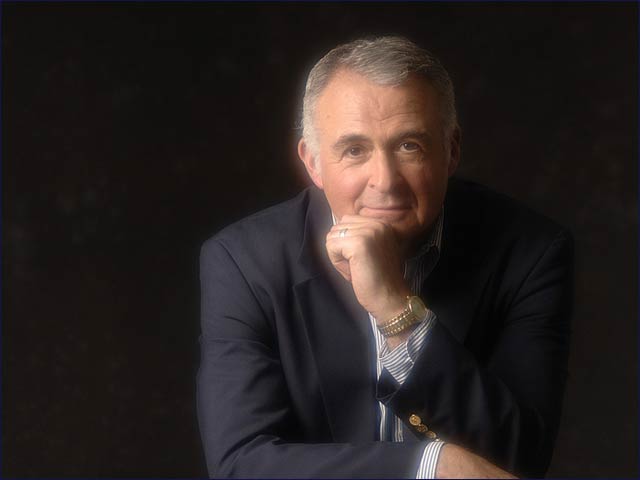By Avigayil Kadesh
Bayer HealthCare announced in August that it is paying Tel Aviv-based Compugen $10 million up front in a major collaboration and license agreement with the Israeli drug-discovery company.
Together, Bayer and Compugen will focus on researching, developing and commercializing therapeutic proteins and monoclonal antibodies to address unmet needs in immunology and oncology.
Specifically, the joint research aims to find antibody-based cancer drugs that would act against two novel “immune checkpoint regulators” discovered by Compugen scientists.
The idea of immunotherapy is to stimulate the body’s own immune cells to better fight malignant tumors. Compugen identified “checkpoint targets” in the human body that suppress the immune system’s functions, and is developing specific therapeutic antibodies to block the immunosuppressive effect and reactivate the natural anti-tumor immune response.
Unlike conventional cancer therapies, which act by directly targeting the cancer cells, resulting often in only short-lived improvement as cancer cells become resistant, clinical responses to cancer immunotherapy tend to be long-lasting, sometimes resulting in dramatic long-term survival without recurrences.
"Antibody-based immunotherapies are promising approaches in oncology which can stimulate the body's own immune cells to fight cancer cells," said Bayer executive Andreas Busch. The German-based multinational corporation will have full control over further development and global commercialization rights for potential cancer therapies.
Under the terms of the deal, Compugen will receive an upfront payment of $10 million, and is eligible to receive over $500 million in potential milestone payments, as well as royalties on worldwide net sales of any resulting products.
Excellent strategic decisions
Compugen President and CEO
Anat Cohen-Dayag said at an August 7, 2013 press conference that her most critical decision as CEO since 2010 was selecting the areas on which to focus the company’s predictive technology.
“There were too many potential areas,” she said. “I had a strong belief that if the product candidates were not publicly recognized by the industry as exciting, it would be highly unlikely we’d be given a second chance. So our selection had to remove doubt about our abilities; generate interest in the financial and pharmaceutical industries about our products and capabilities; and provide early revenues.”
She chose to focus on immunology and oncology, based on her experience as a member of Compugen’s research team since 2002, and later as head of R&D.
“These appear to have been excellent strategic decisions,” she said. “The specific area of [human] immune checkpoints for cancer immunotherapy has been recognized by the medical community and the industry for their potential to revolutionize treatment. So we are very excited to initiate this collaboration with Bayer, a leading global life science company.”
Compugen Chairman of the Board Martin Gerstel noted that more than a decade of research stands behind the company’s unique computer-based prediction approach, which initially was met with skepticism by the pharmaceutical world and potential backers.
Before the predictive nature of Compugen’s evolving discovery infrastructure was proven in several areas, the company almost went bankrupt. Due to its eventual success, however, Compugen has signed collaboration deals with pharmaceutical companies including Pfizer and Merck Serono as well as Bayer.

Compugen Chairman Martin GerstelGerstel said that progress was swift once Cohen-Dayag decided to put the company’s resources into immunology and oncology. “Within five months, we predicted a substantial number of immune checkpoint candidates,” he said. “We then demonstrated the accuracy of our computer predictions in autoimmune animal models.”
In 2011, a Compugen spinoff company chaired by Gerstel began a joint research collaboration with Bayer CropScience AG, another Bayer subsidiary, to improve wheat through the application of advanced breeding techniques. The plant genomics company,
Evogene, is based in Rehovot.
In 2012, Compugen established operations in San Francisco, California, for the development of oncology and immunology monoclonal antibody therapeutic candidates against Compugen drug targets.
“As a new entrant to the field, we had to assemble a team to present the data in the product-oriented area,” she said. Cohen-Dayag added that both the US and Israeli teams will be involved in the Bayer project.